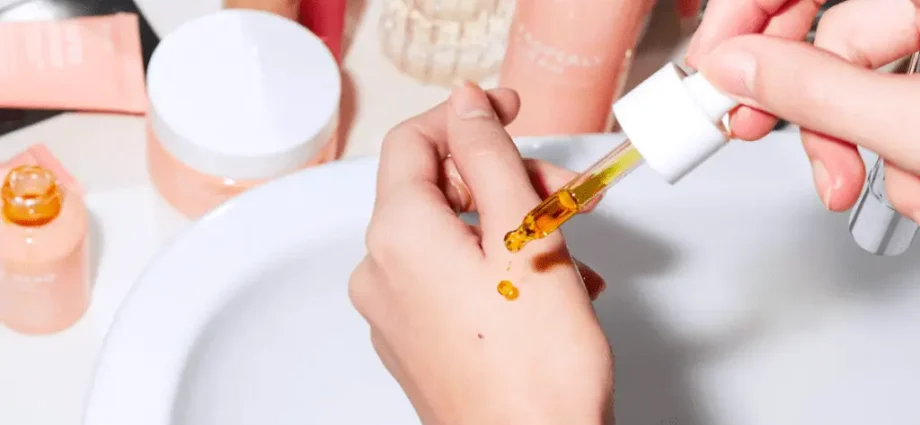Contents
Content
About Radiation Therapy
Radiation therapy or radiotherapy is a method of treating cancer using ionizing radiation that directly affects the DNA of malignant cells and destroys them or significantly slows down their growth.
Being an effective modern method of fighting cancer, radiation therapy, however, has side effects, since healthy cells are next to diseased cells, and they are also partially damaged, but subsequently restored, since they receive a much lower dose of radiation.
Most often, special preparation for radiation therapy is not required. It is necessary to observe personal hygiene, sleep and rest, diet.
Emotional condition
Cancer patients experience significant emotional stress due to the disease. Thoughts about a tumor can cause fear, longing, feelings of loneliness, apathy, irritation, even aggression. In case of especially pronounced states of emotional oppression or arousal, it is worth talking to a psychologist.
In most cases, doctors recommend that patients spend more time with loved ones, switch their attention to their favorite and interesting activities: cultural events, reading, cinema, creativity, outdoor walks, if there are no contraindications, health-improving gymnastics (including exercise therapy) without significant loads .
Some time after the start of treatment, many patients begin to feel constant fatigue. The reason for it is both the serious impact of radiotherapy on the entire body, and the stress and emotional experiences associated with the fight against a serious illness. During this period, it is extremely important not to overwork, to ensure 8 hours of sleep at night and 3 hours of rest after each session of radiation therapy. In general, it is necessary to give rest to the body whenever there is a need for it. In order not to disturb the night’s sleep, it is not recommended to sleep more than an hour during the day. Do not reject the help of loved ones in household chores in order to save strength for recovery as much as possible.
Food
The effectiveness of therapy, reducing the risk of complications and increasing the emotional background largely depend on a proper balanced diet. In each case, it is necessary to discuss the diet with the attending physician, especially in the presence of other diseases that impose restrictions on the diet.
In the process of treatment, try to adhere to the following rules:
- Consume 2,5-3 liters of fluid per day (still water, fruit juices with pulp, herbal tea)
- Give up canned, spicy, fatty, smoked, salty foods, fast food and sugary carbonated drinks
- Give preference to warm food (not scalding or cold)
- Eat more vegetables and fruits
- Eat even when you have no appetite, because the body needs strength to fight the disease
- Don’t Overeat and Avoid Stress Eating
Rejection of bad habits
Nicotine and alcohol have a negative effect on the human body, increasing intoxication and exacerbating the side effects of radiotherapy.
Quitting smoking will benefit anyone, especially those who are struggling with cancer and undergoing anticancer therapy. Nicotine reduces the effectiveness of treatment and increases the risk of relapse. Alcohol abuse is incompatible with cancer therapy. However, a glass of champagne or a mug of mulled wine in the company of friends can cheer you up and distract you from thoughts about illness. Since the effect of radiation on the body is always individual, it is recommended that you discuss with your doctor in advance the possibility of episodic alcohol consumption in small doses.
How to Ease Skin Side Effects After Radiation Therapy
Radiation therapy has a serious effect on the entire body and can cause a number of side effects, both directly in the radiation zone and general ones. After radiation therapy, the skin in the radiation area may turn red, as with a burn; there may also be a darkening of the skin, resembling a tan, in the area exposed to the rays.
Depending on the individual reaction, dryness and itching may appear on the irradiated areas, or, on the contrary, they may be moistened. Based on your specific situation, your doctor or dermatologist will make recommendations for skin care.
Before and after the session
Before session
Creams, balms and ointments should not be used immediately before the session, the skin should be clean and dry so as not to cause changes in the redistribution of rays in the tissues and a local increase in the radiation dose.
If the tumor is located in the maxillofacial region, before starting a course of radiotherapy, it is necessary to carry out sanitation of the oral cavity (cure caries or remove decayed teeth). If prostheses are used, they must be removed during the radiation therapy session.
After the session
We recommend spraying thermal water on the skin – it soothes and reduces discomfort. In the evening, you can apply a restorative balm to the irradiated area.
If your cosmetic storage method allows, keep it in the refrigerator before applying, as the cold will help enhance the soothing effect.
Skin care after radiation therapy provides for compliance with the general rules:
- Do not rub or scratch the skin to prevent infection from entering small wounds
- Wear loose-fitting clothes made of cotton or viscose, avoid synthetics and prickly wool
- Do not use alcohol-containing products (lotions, perfumes)
- Protect skin from contact with chlorinated and salt water
- Do not take hot baths / showers, replace soap with mild detergents
- Do not visit the sauna and solarium, refrain from sun exposure
Your doctor, dermatologist, or beautician can help you choose cleansers, moisturizers, revitalizers, and sunscreens to restore your skin after radiation therapy.










